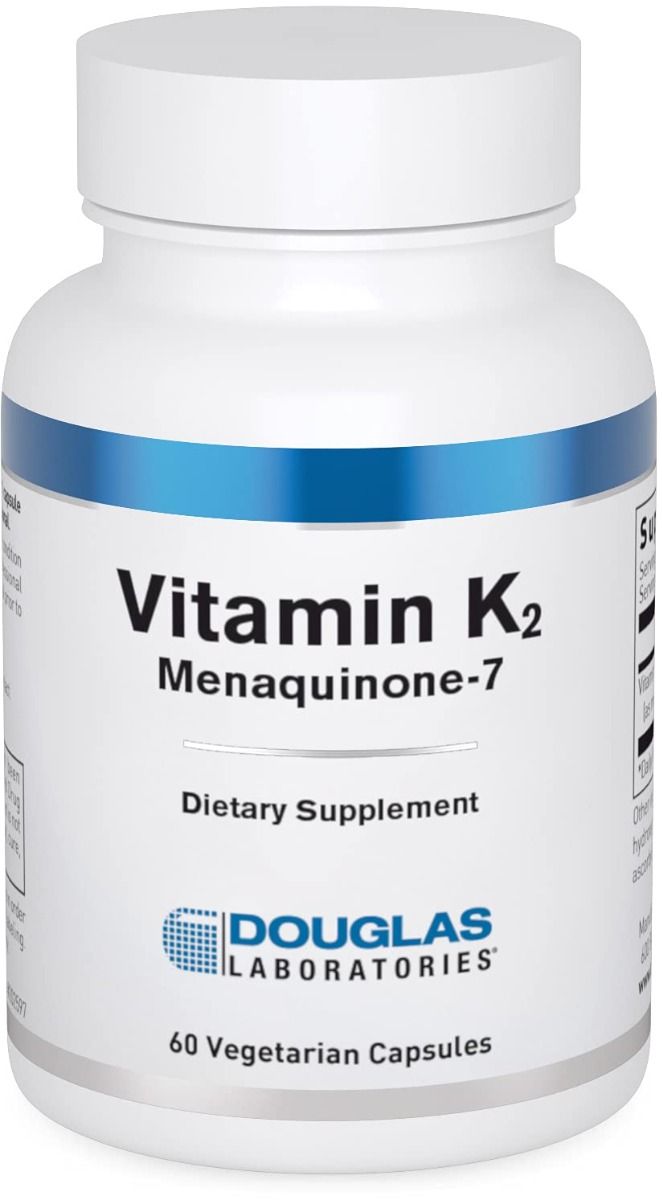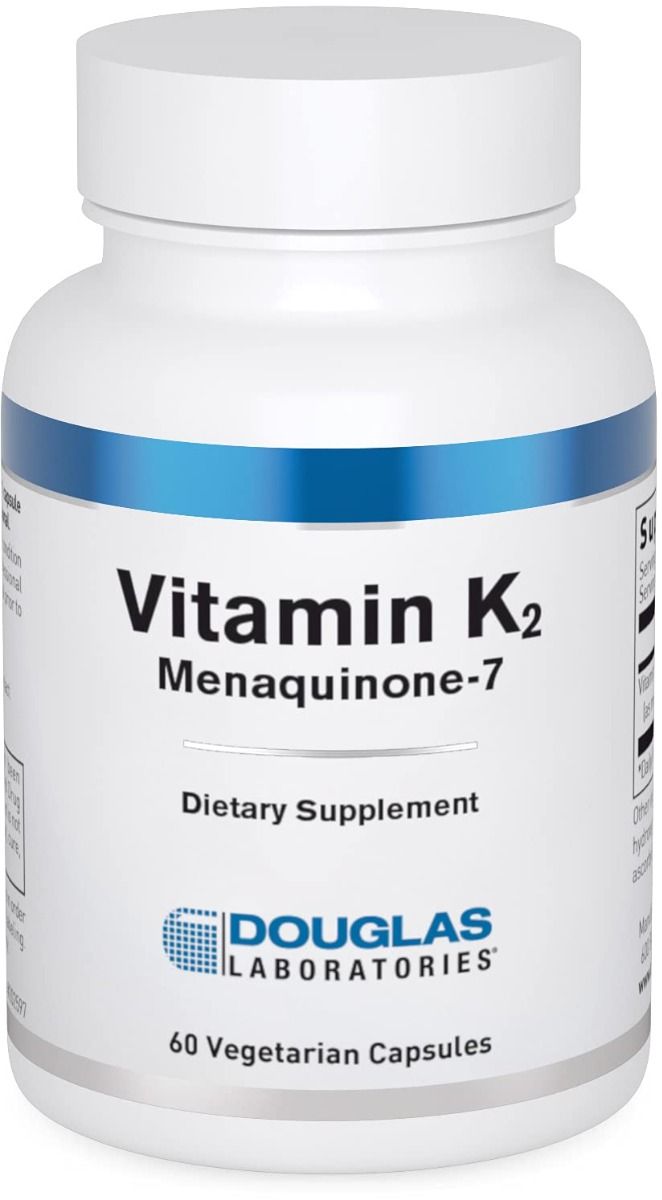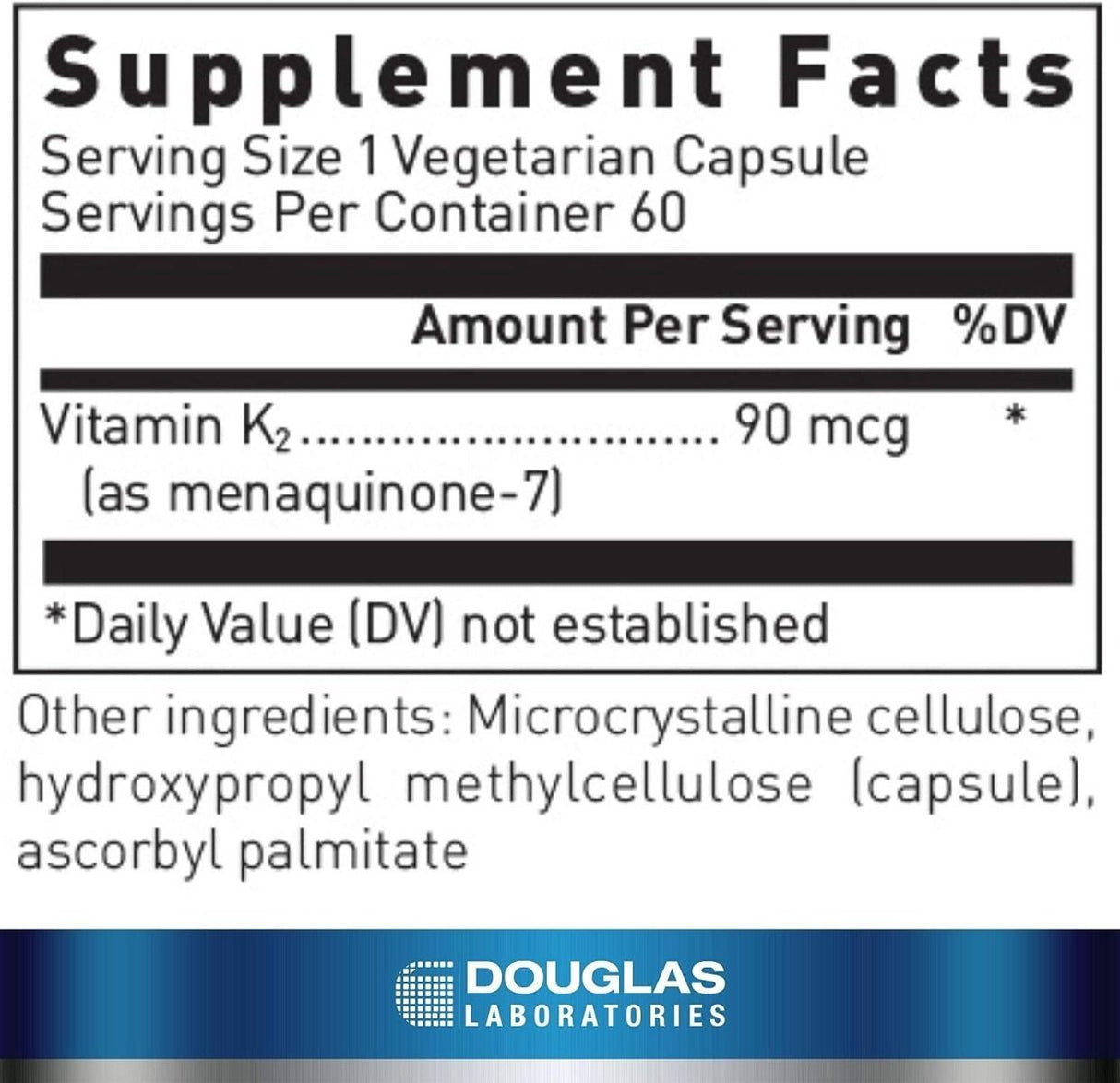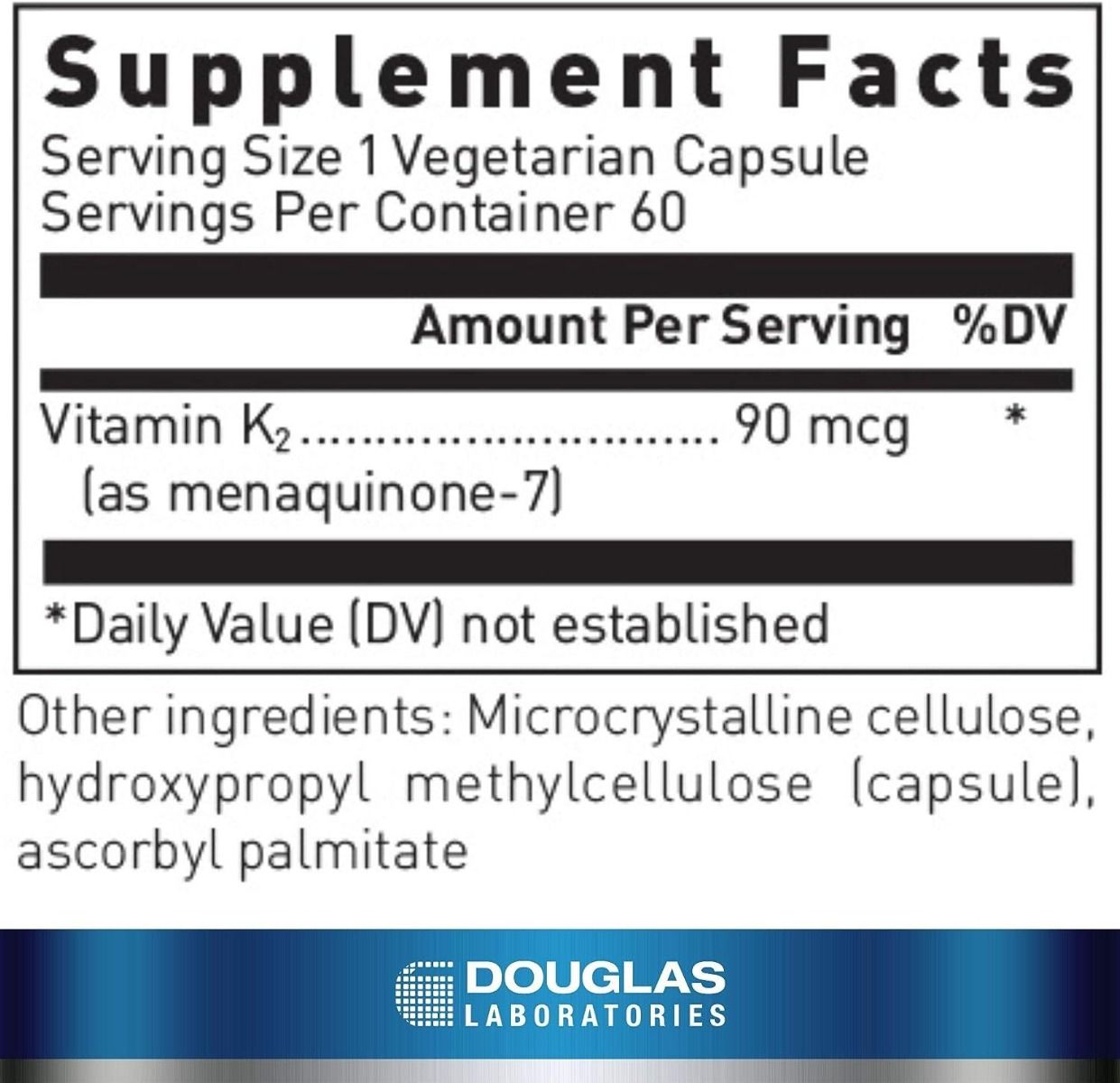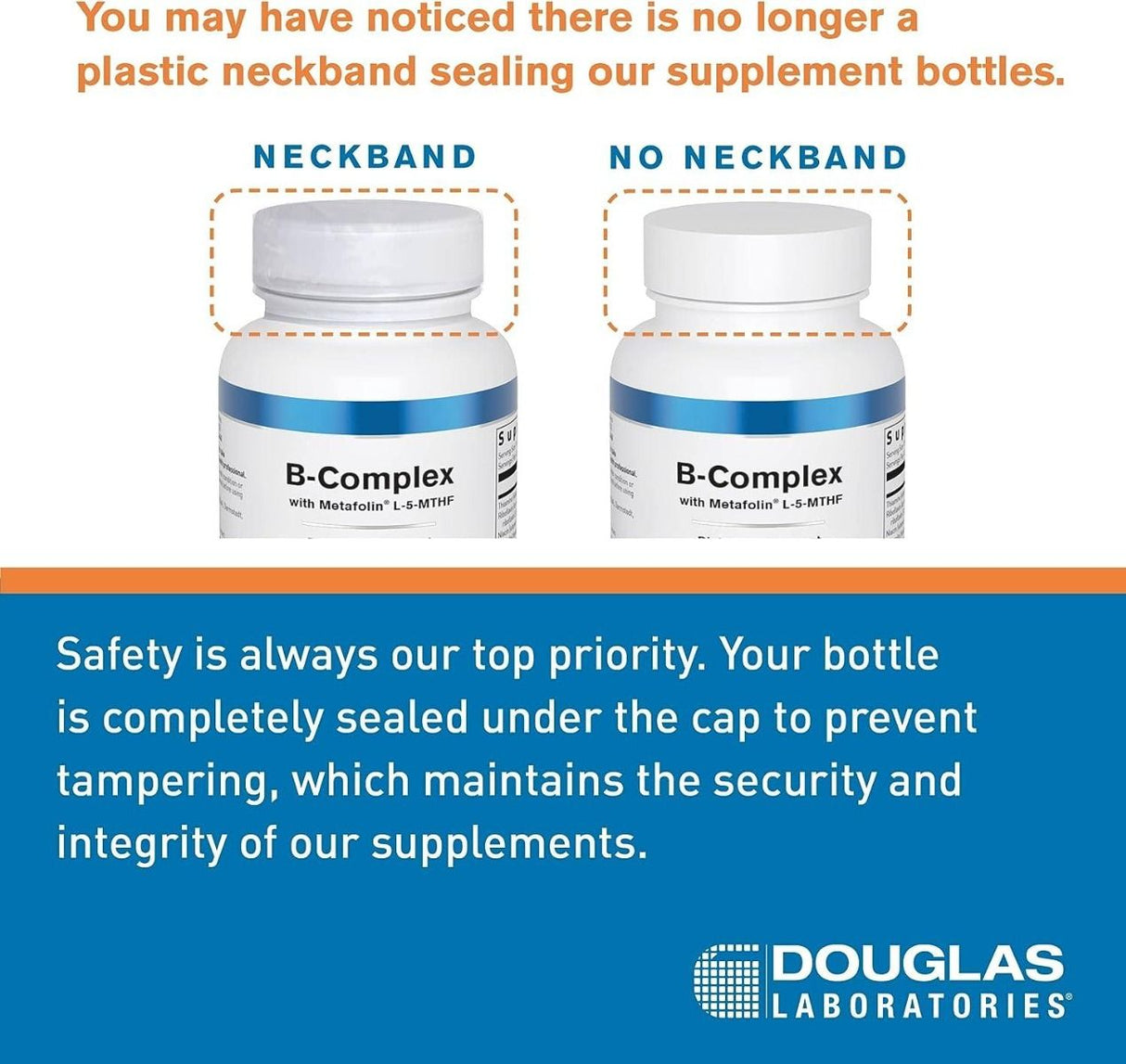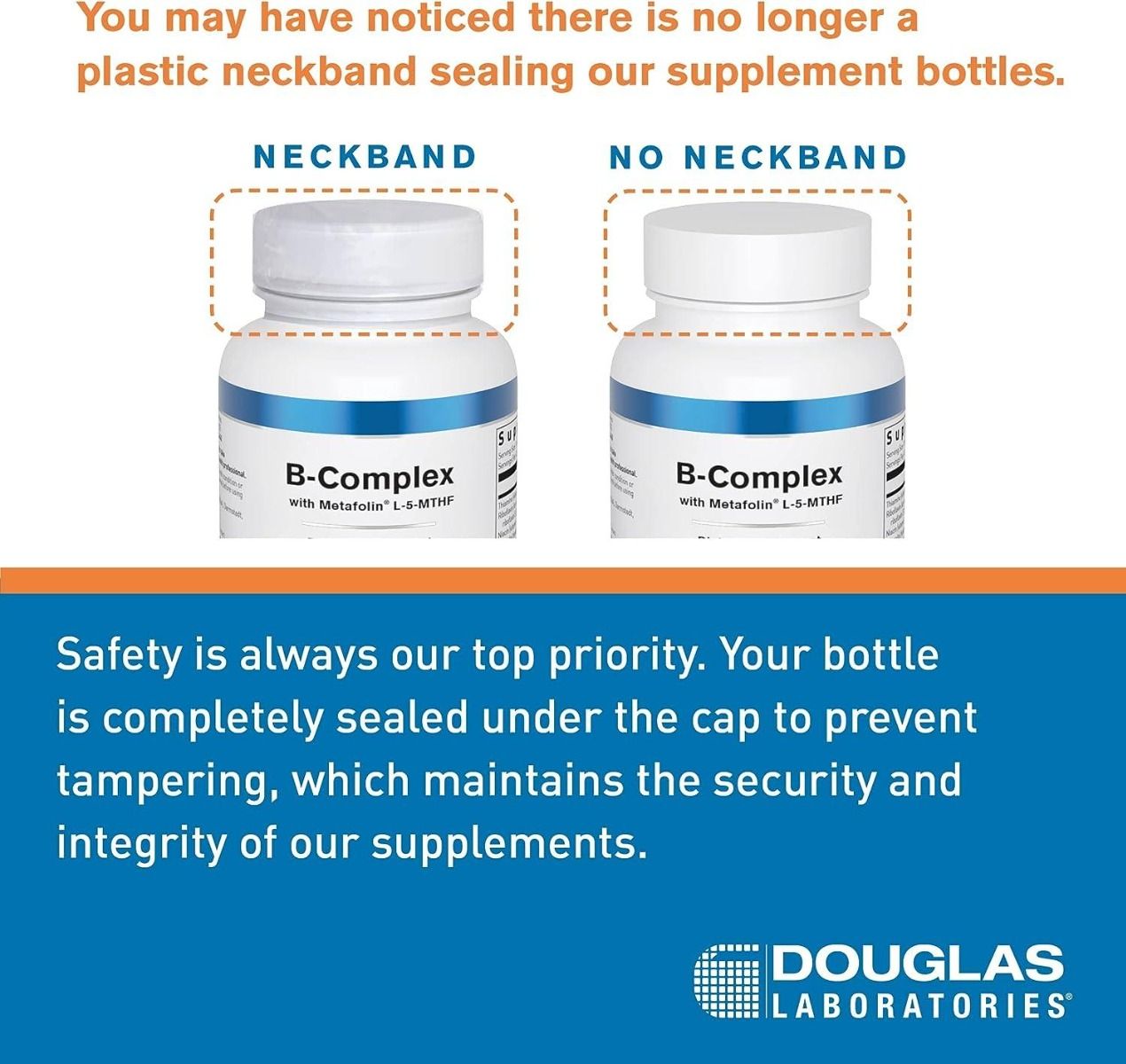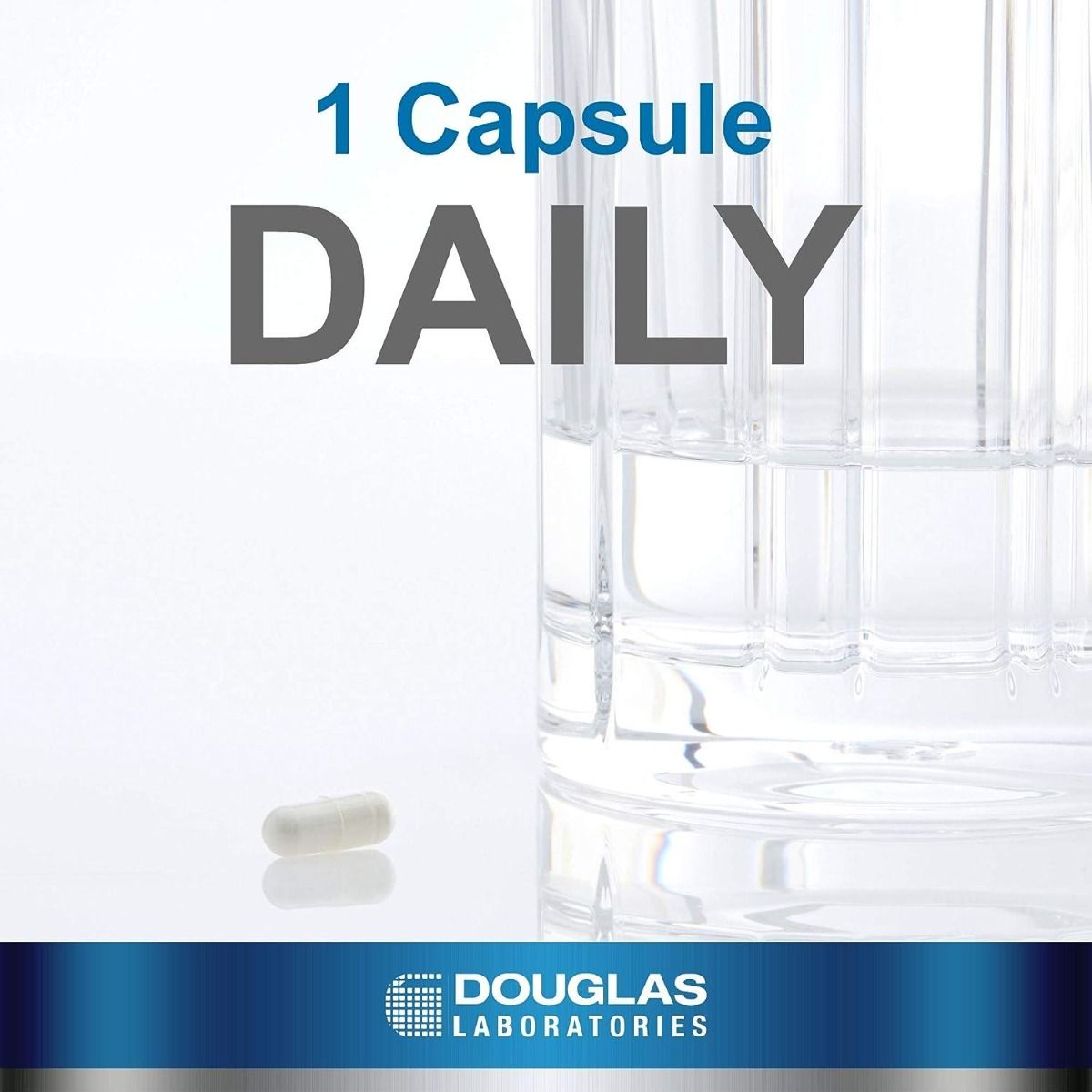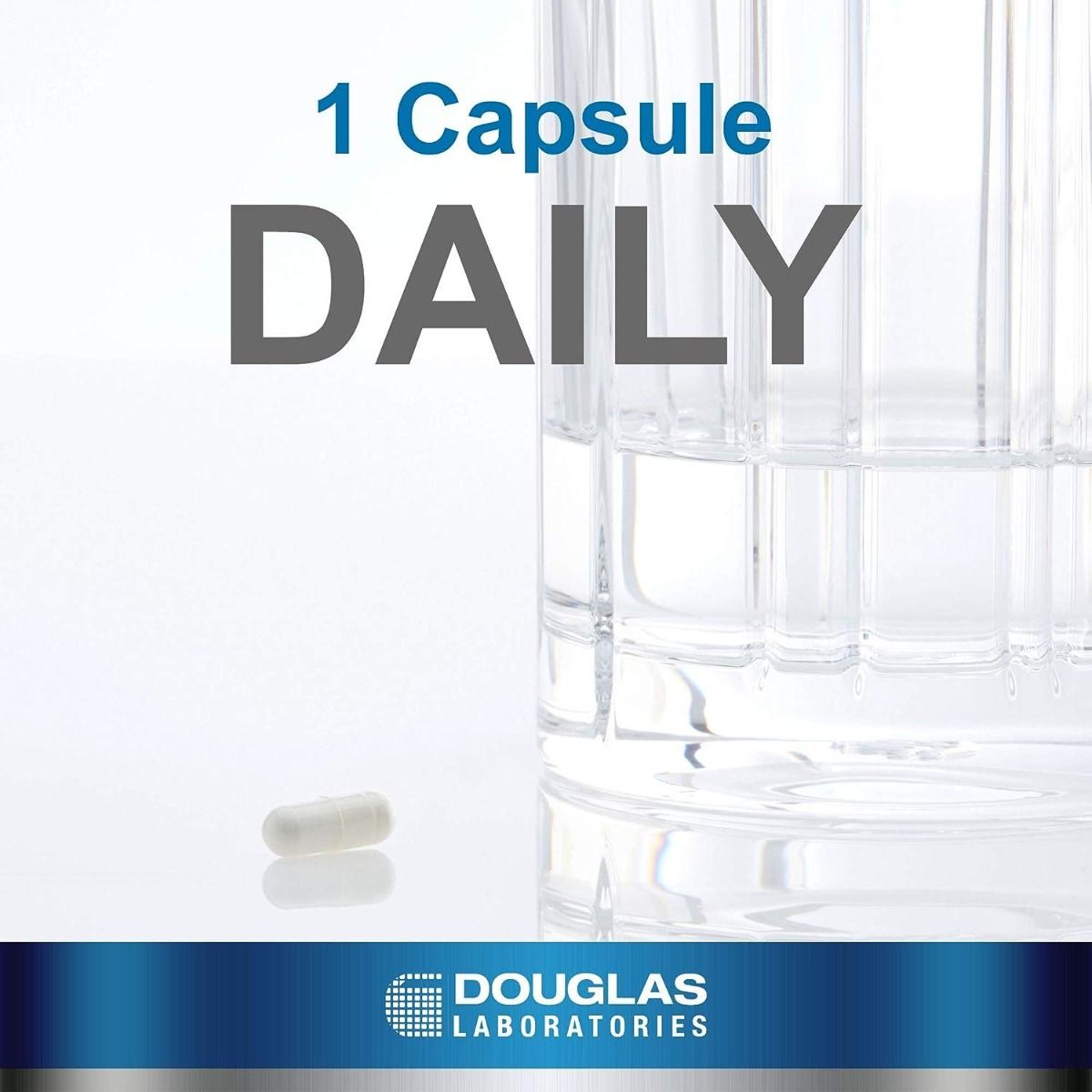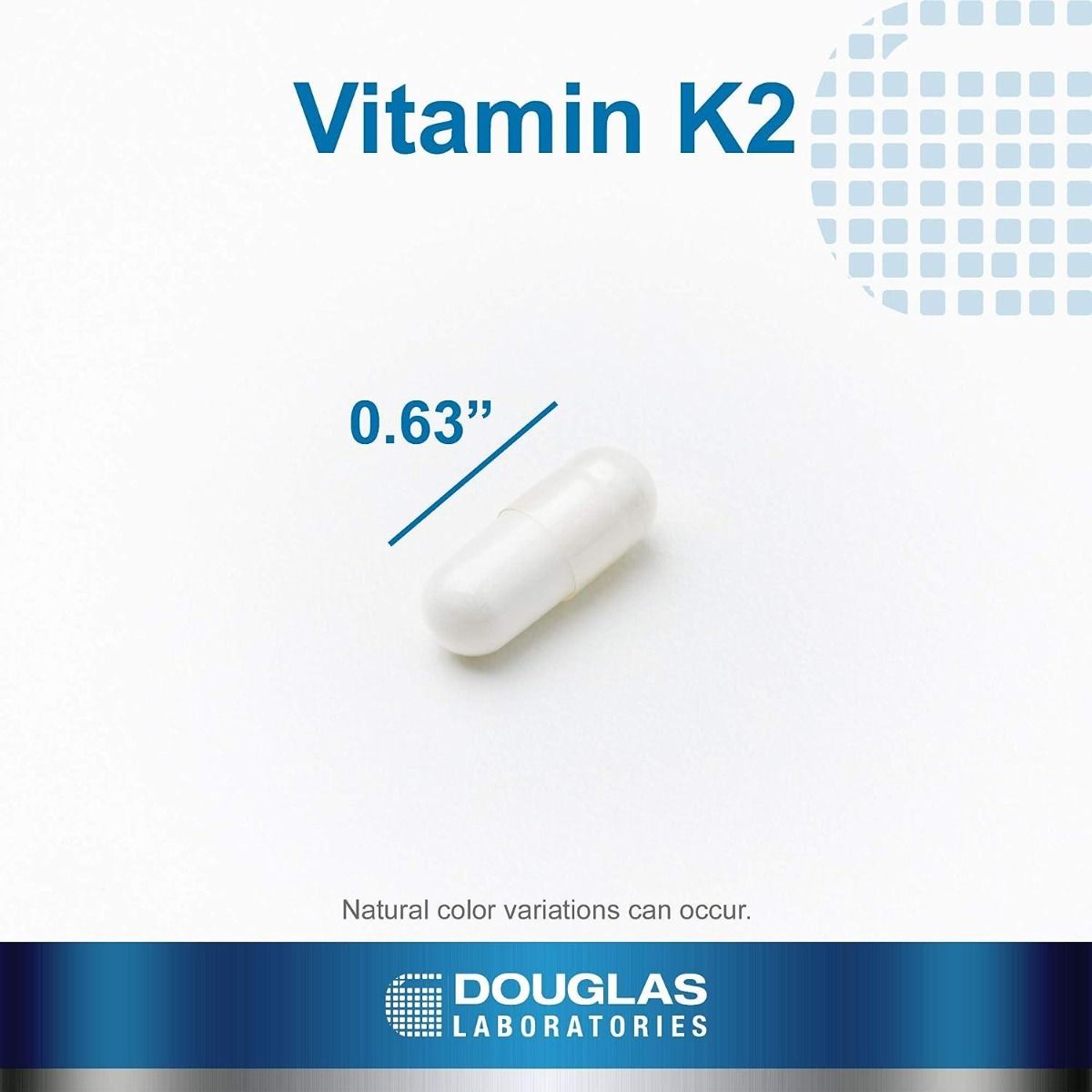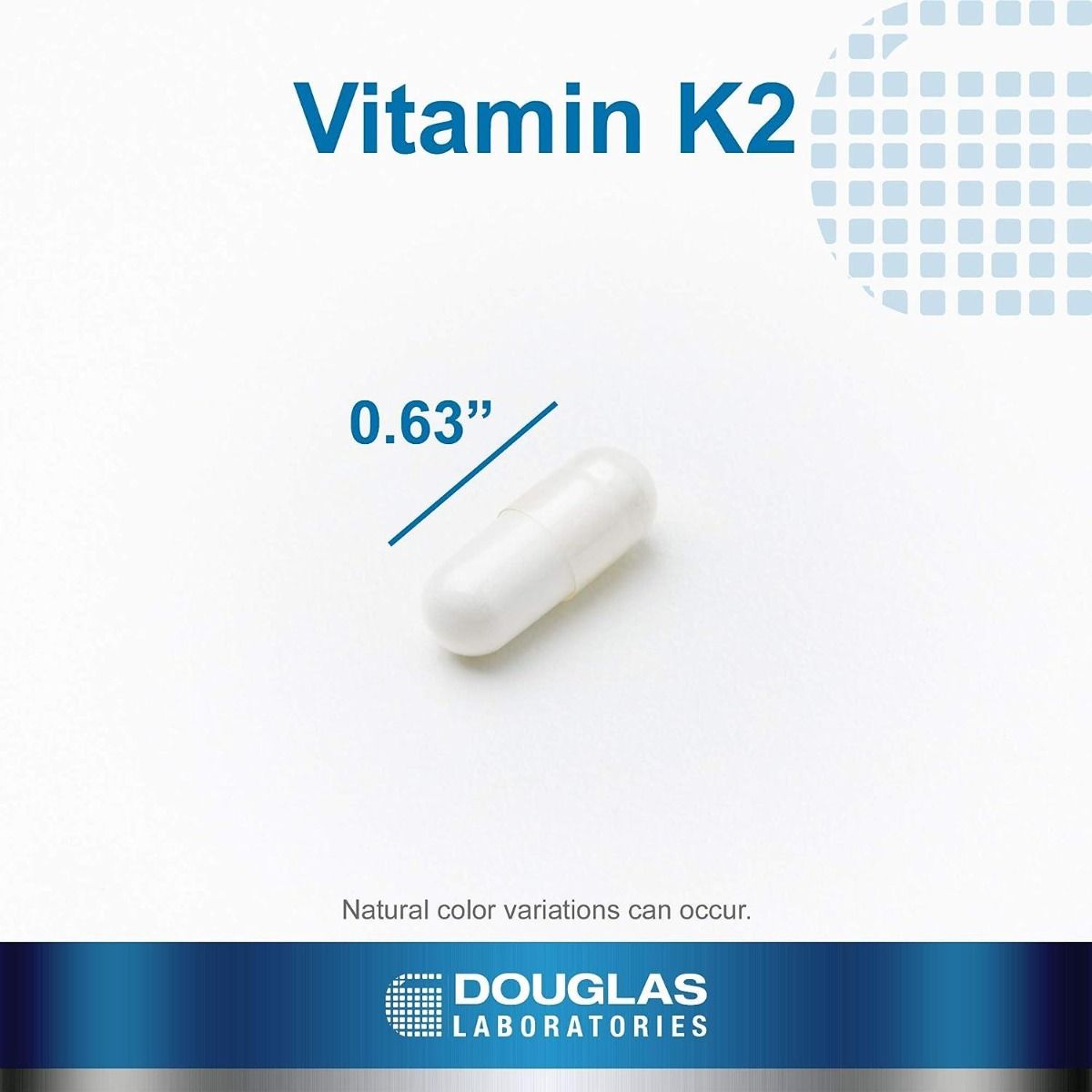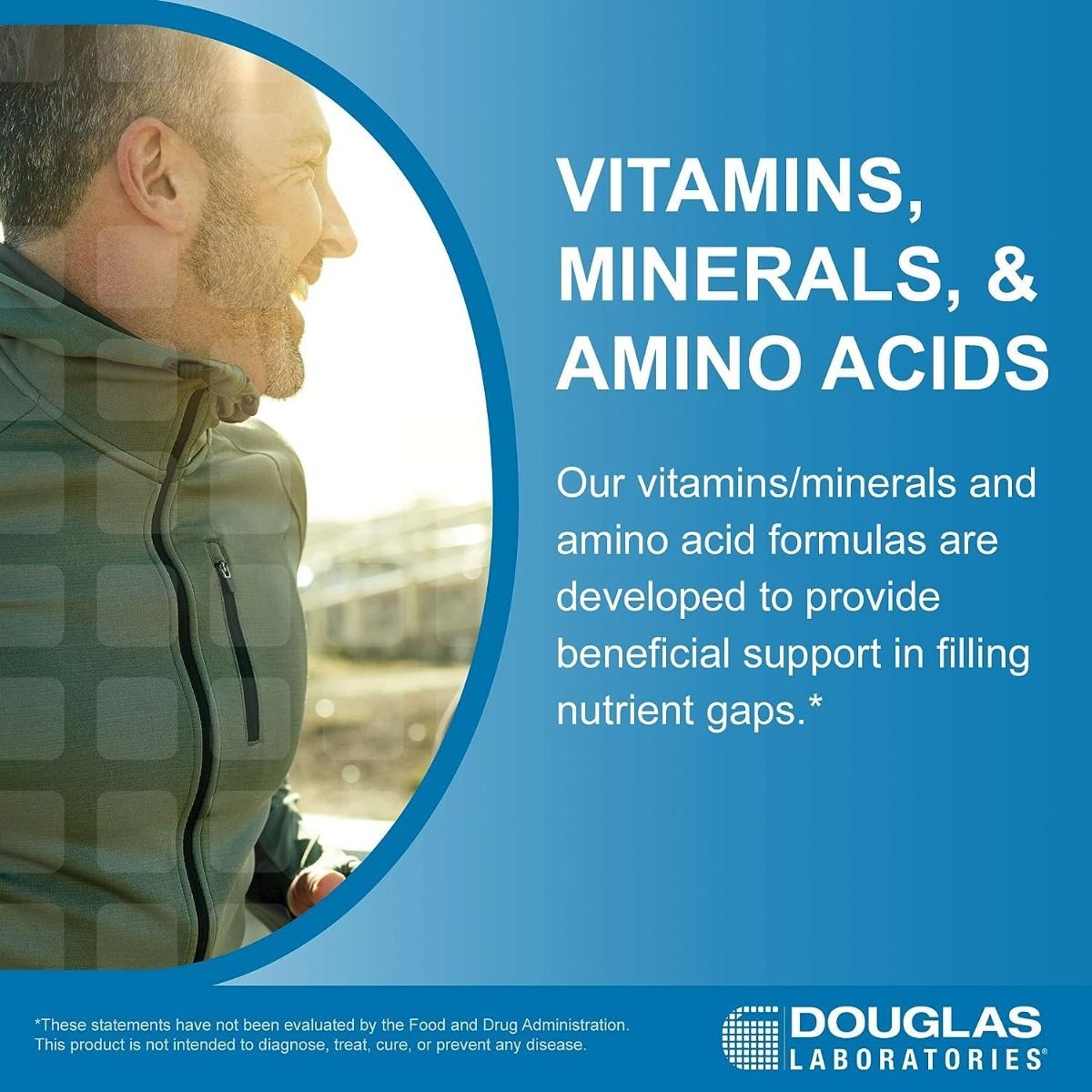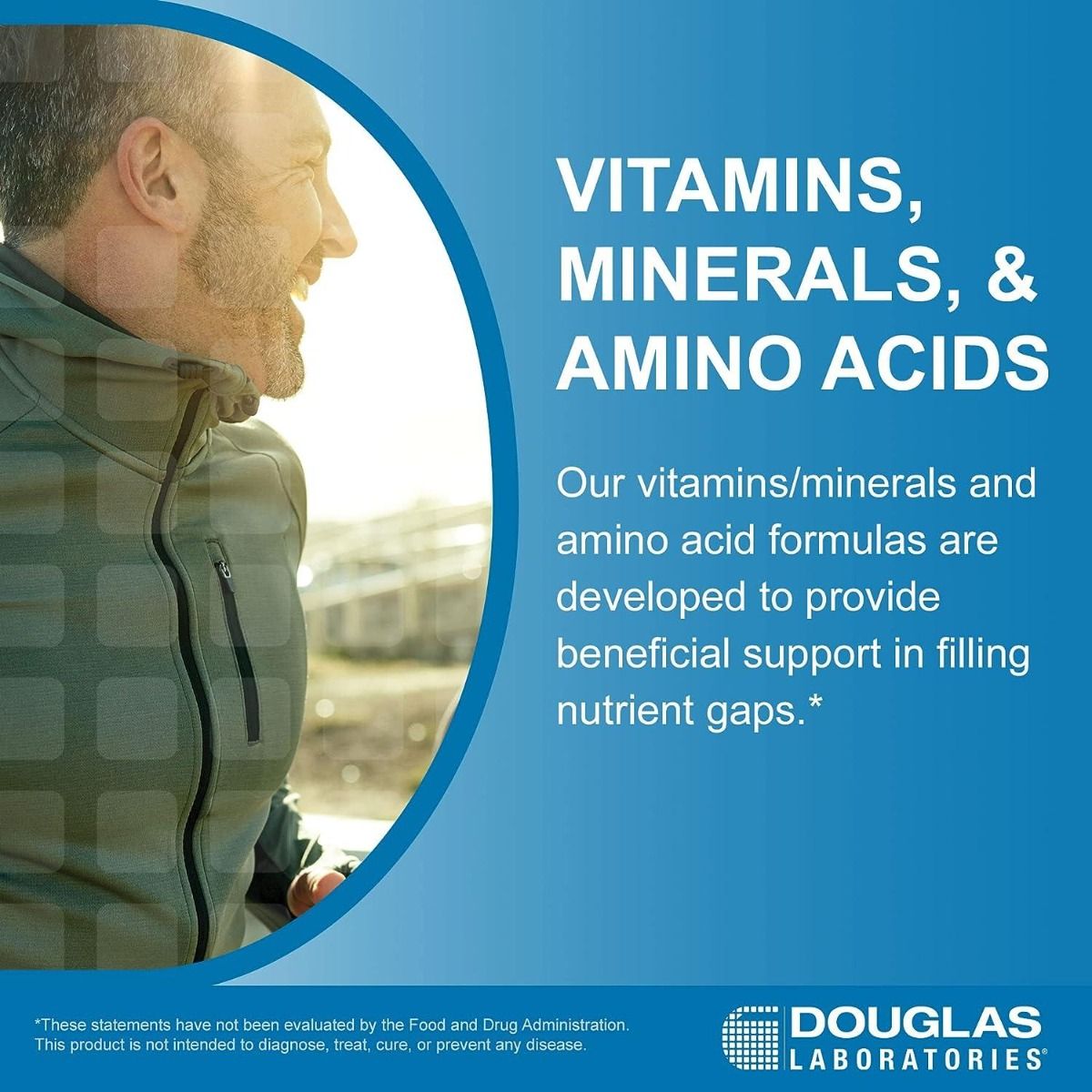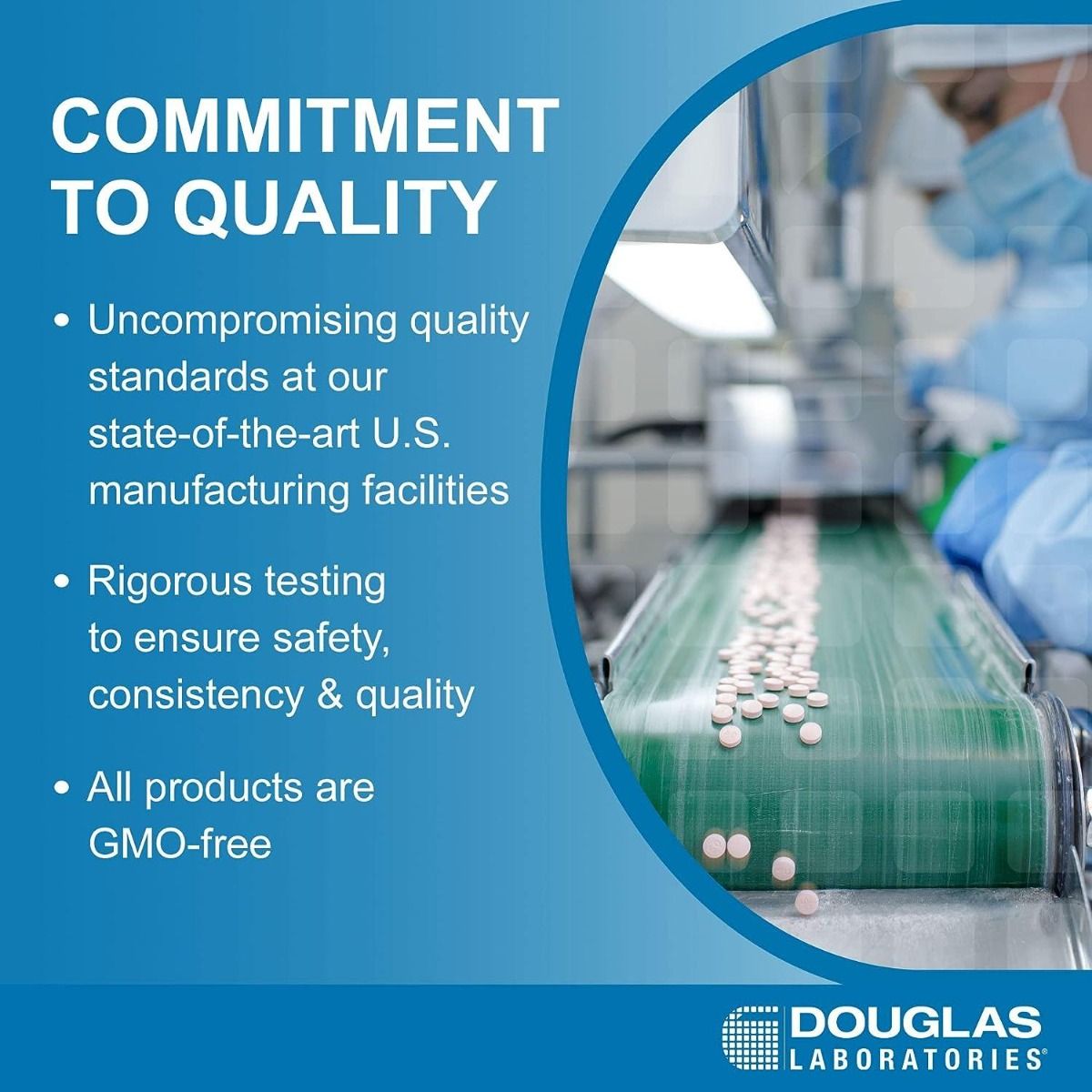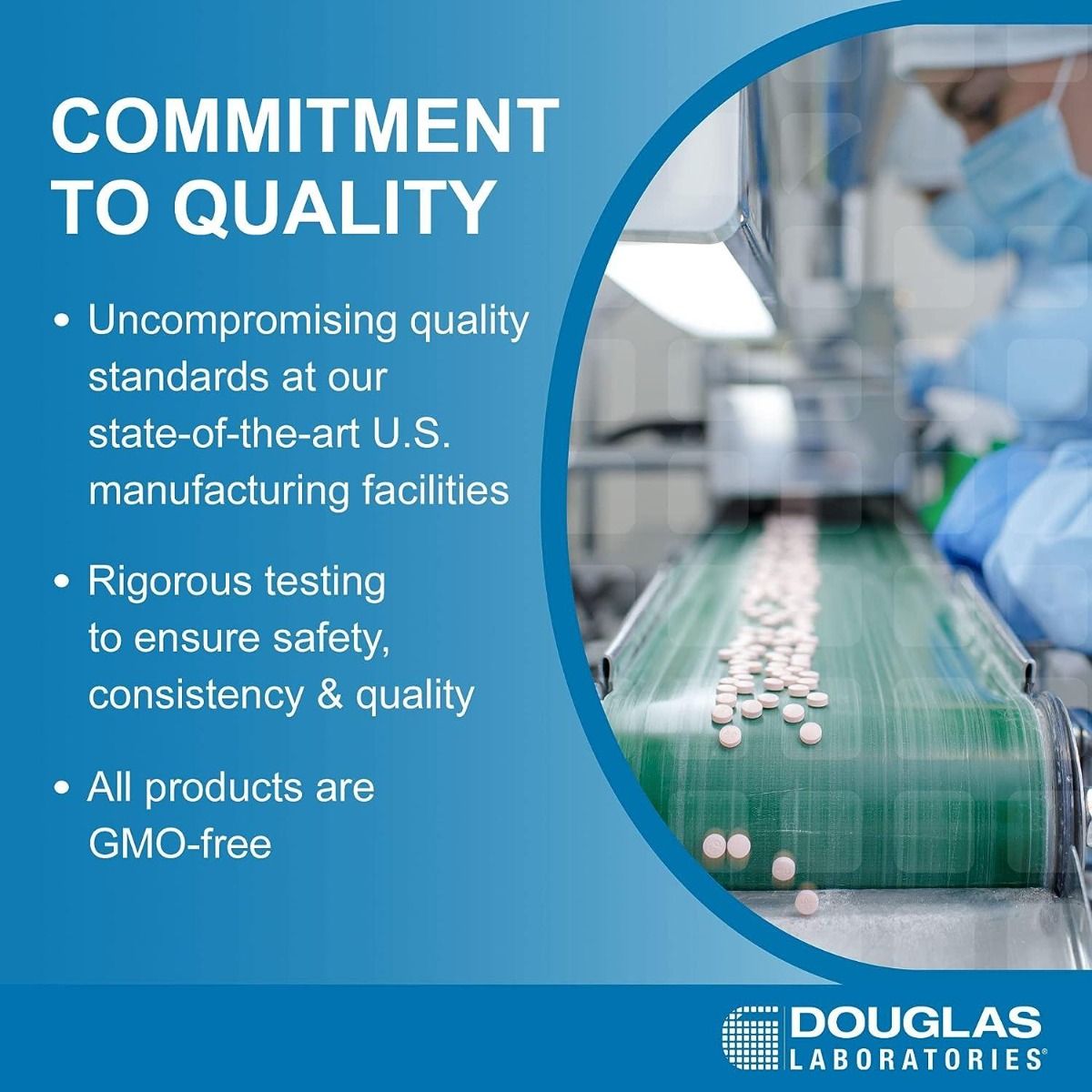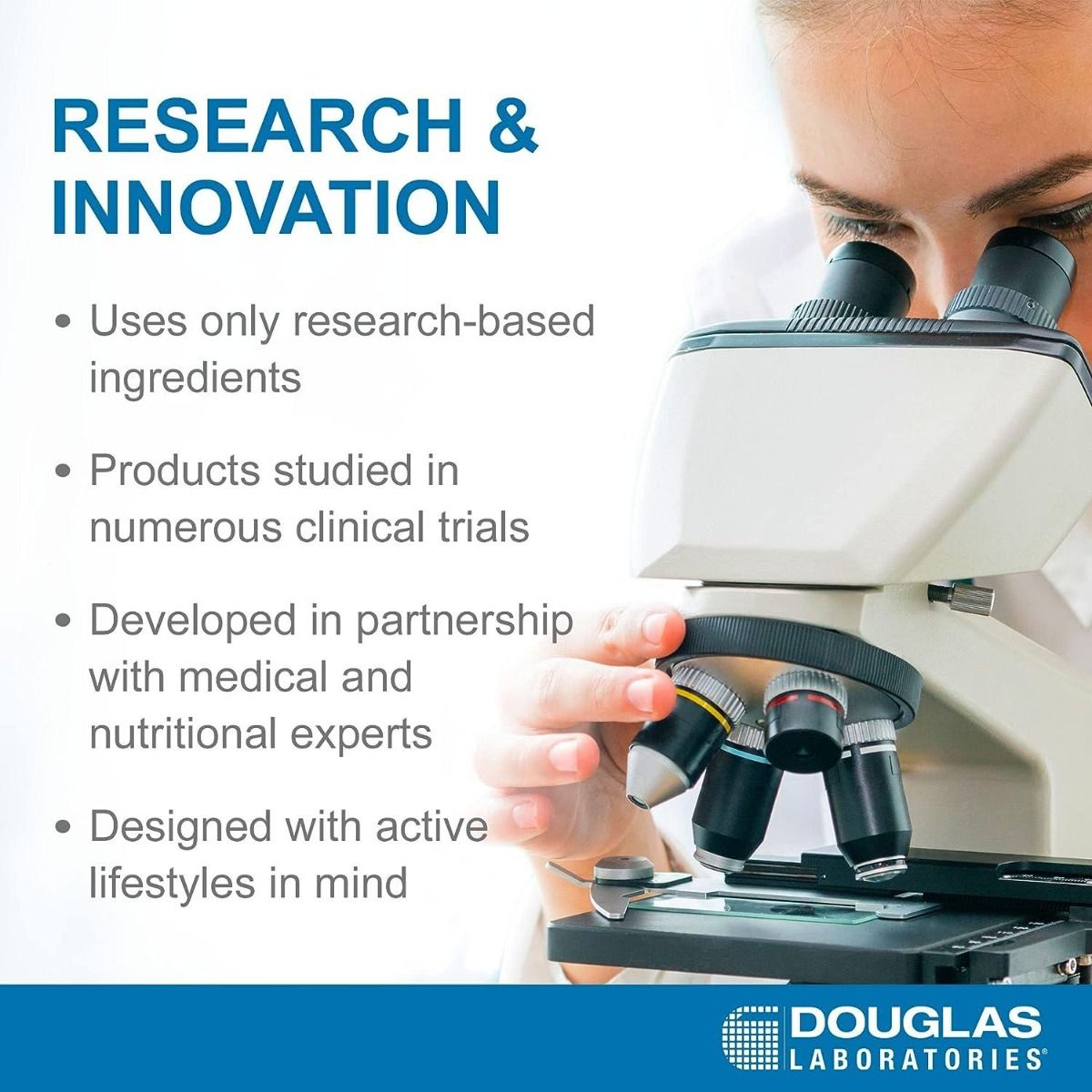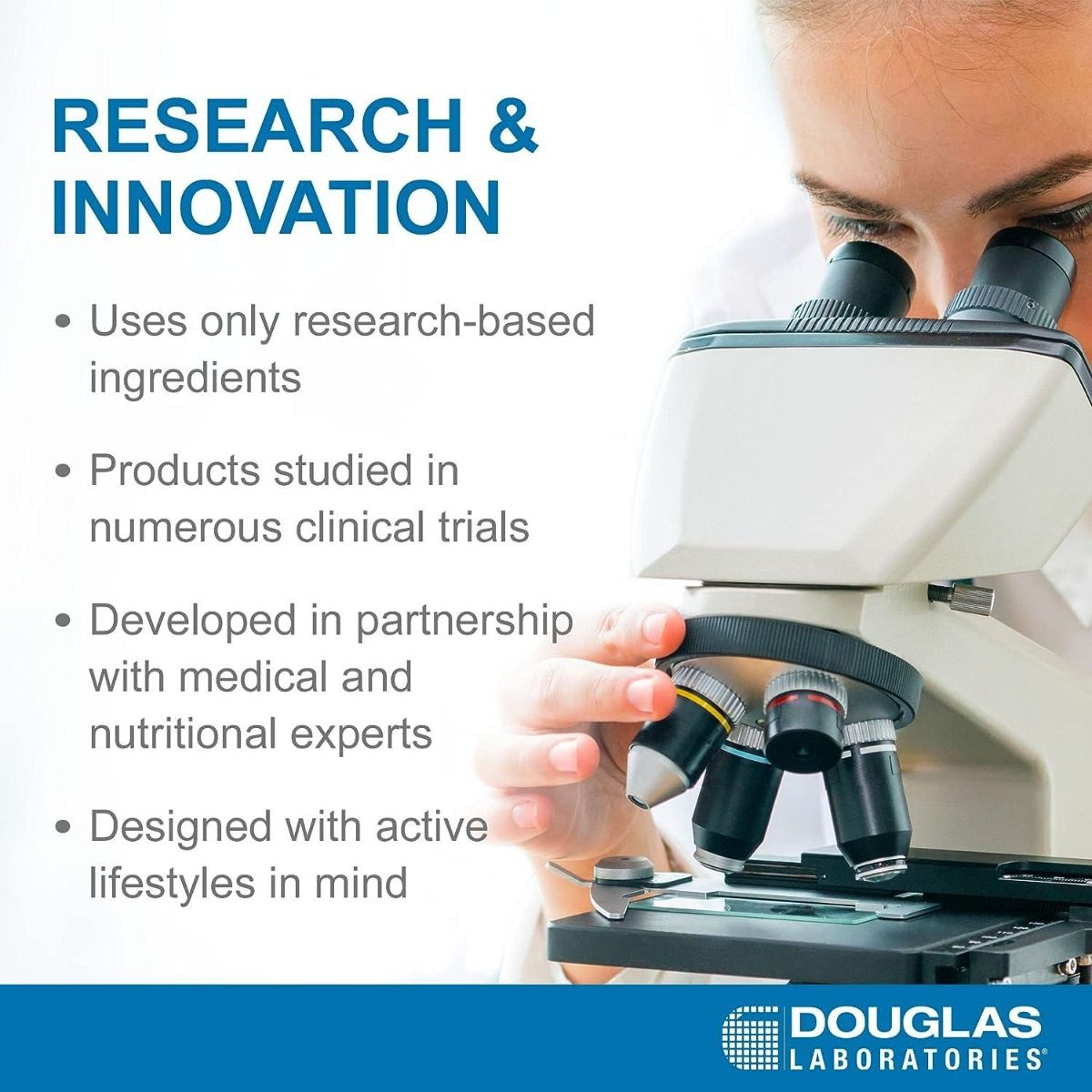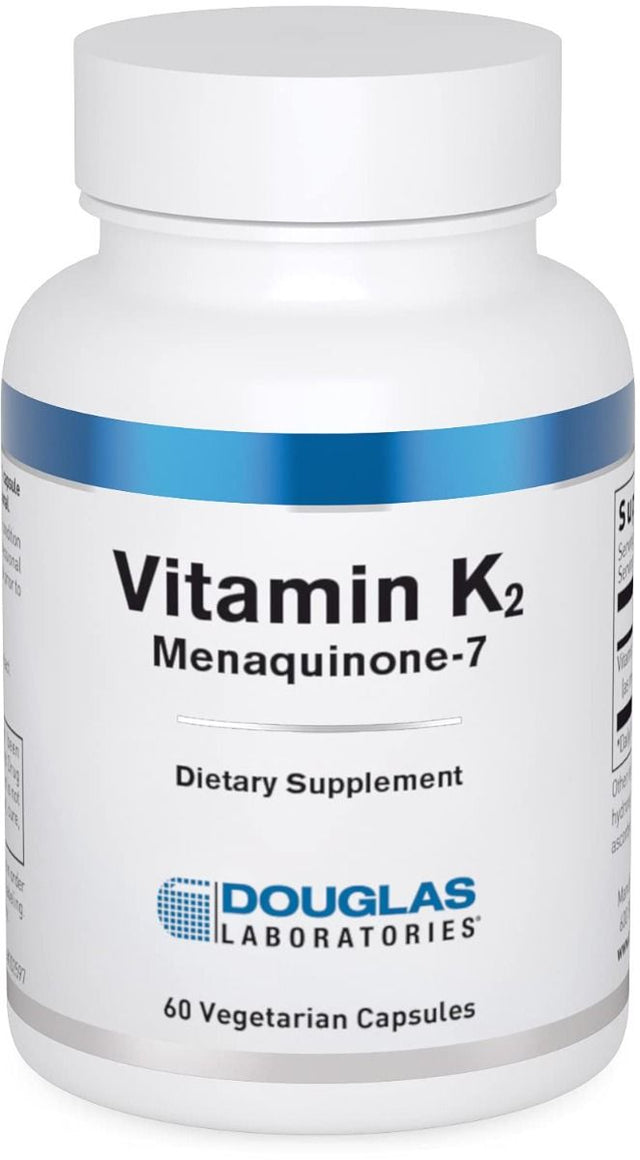Vitamin K2 60 Veggie Caps
Couldn't load pickup availability
Shipping & Return
Shipping & Return
Shipping
Shipping and handling charges are a flat rate of $4.95 for all Standard Shipping method orders and FREE for orders over $75 within the contiguous U.S. only, excluding Hawaii, Alaska & Puerto Rico.
30 Day Hassle Free Returns
If you’re not satisfied with our product, simply contact us and we’ll give you a full, 100% hassle-free refund.
Description
Description
Vitamin K2, provided by Douglas Laboratories, supplies a significant amount of biologically active vitamin K in the form of menaquinone-7 (MK-7). This product is soy free.
Douglas Labs Vitamin K2 as menaquinone-7 (MK-7) is derived from geraniol and farnesol. Geraniol is the primary part of rose oil, palmarosa oil, and citronella oil. Farnesol is present in many essential oils such as citronella, lemon grass, rose, and musk. This natural form of MK-7 has been extensively tested for molecular identity and bioequivalence when compared to MK-7 from fermented soybeans (natto). It is the all-transform, thus providing a significantly higher purity of the only biologically active form.
Functions
Vitamin K was originally discovered as the anti-hemorrhagic factor, but it now encompasses a variety of physiological processes. The major source of vitamin K in most diets is phylloquinone (vitamin K1), which is present in green leafy vegetables such as spinach, broccoli, and kale. Vitamin K2 is present in small amounts in fermented foods, milk products, cheese, and meat, and is synthesized by various human gut microbiota. It is well documented that the Western population obtains insufficient vitamin K from their regular diets, possibly related to poor absorption from these foods.
Beyond blood clotting, the role of vitamin K in osteoporosis and cardiovascular disease is related to calcium utilization. Scientific studies have revealed that vitamin K plays a crucial role in building and maintaining bone health, which is influenced by osteoblasts, osteoclasts, hormones, cytokines and nutritional factors, including vitamin K intake. Inadequate calcium metabolism can result in cardiovascular and bone health problems. The deposition of calcium into arteries is an organized, regulated process similar to bone formation that occurs when other factors are present. Proteins like osteocalcin and matrix Gla protein, which are actively involved in the transport of calcium out of vessel walls, are suspected to have key roles in coronary calcium deposition. The greater the amount of calcification, the greater the likelihood one may develop suboptimal coronary health. Additionally, research shows undercarboxylated osteocalcin and low vitamin K intakes are risk factors for fractures in women. Vitamin K is needed to activate osteocalcin (carboxylated), which functions to take calcium out of the vessels and deposit them into the bones. Therefore, consuming sufficient amounts of dietary calcium is not enough for bone and cardiovascular health; the body needs to distribute and utilize the calcium properly with aid of Vitamin K.
Vitamin K2 (as MK-7) is more bioactive and has proven more effective than vitamin K1 and other menaquinones. MK-7 showed eight times the half-life of vitamin K 1 in a 24-hour serum concentration level after 1 mg of each form was ingested. Thus, MK-7 can be administered in low dosages only once a day, typically 1/1000 that of a MK-4 dose. Furthermore, the study showed better utilization and improved osteocalcin carboxylation for MK-7 after 6 weeks. Numerous studies reveal long-chain menaquinones, such as MK-7 are more effective in supporting arterial health than vitamin K1 menaquinones.

